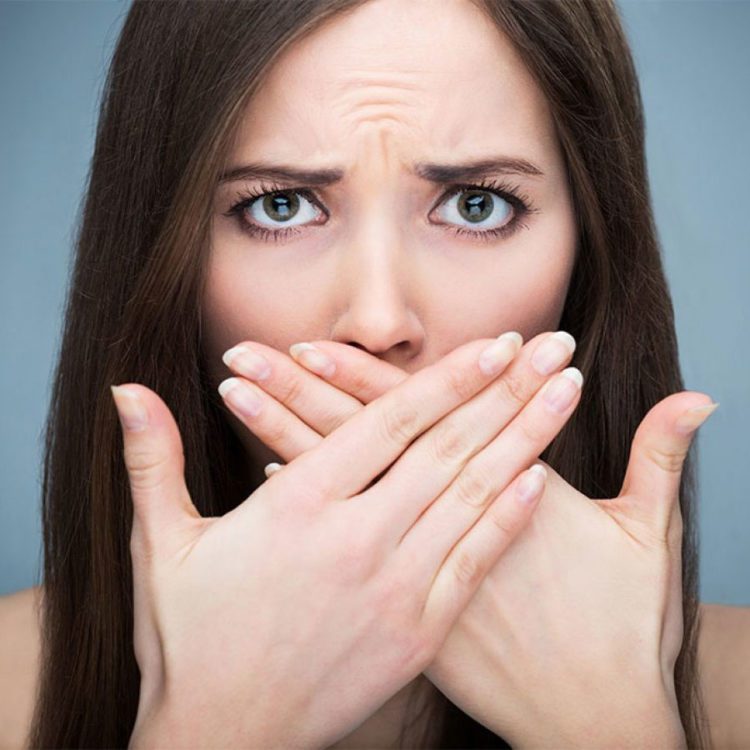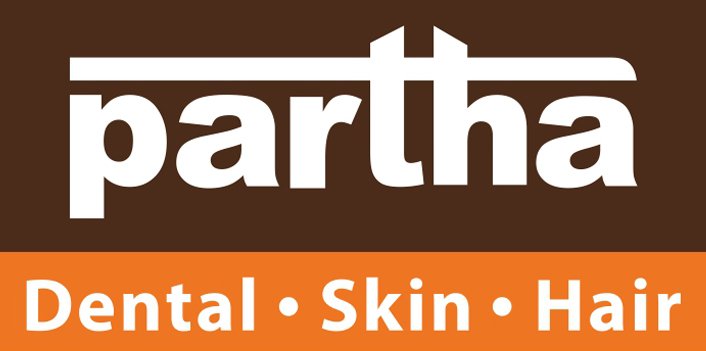Bad Breath and Halitosis:
Halitosis is a persistent, unpleasant odour in exhaled breath. It is a chronic condition caused by tooth decay, debris on the tongue, and dehydration of mouth, nose and throat infections. Bad breath is temporary and is often caused by inadequate brushing, morning breath or food debris left on teeth.
Dental cleaning may be the solution if plaque accumulation is the cause of bad breath. A deep dental cleaning may be necessary if you have periodontal disease.
Treating underlying medical problems, such as a sinus infection or kidney disease, can also help improve breath odour. If dry mouth is the cause of your bad odour, your dentist may advise using products that stimulate the secretion of saliva and drinking plenty of water.

Boosted confidence

Feel The Fresh Breath

Good Oral Hygiene
Causes of halitosis:
1. Poor oral hygiene :
Improper oral hygiene maintenance, such as brushing and flossing, results in the accumulation of food debris on the tongue and teeth. The bacteria infiltrate the oral cavity and emit a foul odor.
2. Dry mouth/xerostomia:
Inadequate salivary production in the oral cavity results in improper debris removal from the teeth and tongue. Dry mouth is seen in conditions such as salivary gland infections.
3. Impacted tooth:
Improper maintenance at the impacted tooth region may cause infection of the surrounding supporting tissues, resulting in bad breath and an unpleasant taste in the mouth.
4. Improper cleaning of dentures:
Dentures that are not properly cleaned may collect bacteria, fungi, and leftover food particles, resulting in bad breath.
5. Periodontal disease:
Bad breathand an unpleasant taste in the mouth are two of the most common symptoms of this Gum disease This condition requires immediate attention from an oral health professional.
6. Diet:
Bad breath is also noticed after intake of certain foods like garlic or onion. This is worsened after smoking or drinking coffee.
Treatment for Halitosis:
- The best way to reduce bad breath is to practice good oral hygiene, such as brushing twice a day, using mouthwashes, flossing the teeth, gargling with water after eating, and tongue scraping.
- Periodontal and gum infections - Gum treatments are the preferred treatment.
- Daily cleaning of dentures, bridges and mouth guards is recommended. Cleaning keeps bacteria from accumulating and being transferred back into the mouth.
- Changing your toothbrush every 2 to 3 months is also recommended for the same reasons.
- Drink plenty of water to avoid dry mouth.
- Avoid smoking and drinking alcohol , both of which dehydrate the mouth.
- Chewing gum or sucking on a sugar-free sweet can help stimulate saliva production.
- Avoid onions, garlic, and spicy food in your diet.
- Sugary foods are also associated with bad breath. Reduce your intake of coffee.
Frequently Asked Questions
Answer: Yes it is curable, by treating the cause of the problem.
Answer: Onions, garlic, alcohol, pizza, and sometimes spicy foods can all contribute to bad breath. Some medications can also cause bad breath. Cheese, meat, and sweets are examples of foods that can stick to your teeth and leave a residue. As a natural mouthwash, chewing parsley after meals can help.



